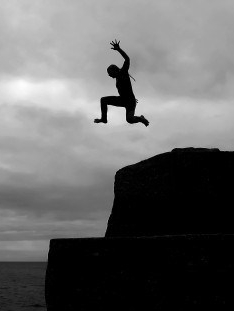Still at the WorkHuman conference, sponsored by Globoforce. Lots of cool stuff going on, so I’m writing about it whilst I’m here.
So when I woke up this morning, I had this great idea about a blog post, highlighting some of the things I saw yesterday that tied into the theme of “courage.” You had Brene Brown (who has a little ‘ over the e, but I can’t get WordPress do to it) talking about the relationship between joy and fear, between vulnerability and courage. You heard from Salma Hayek Pinault share her #metoo story and why she felt she needed to speak up after not doing so for so many years. Her personal story – of always being an immigrant, of doing more as a Latina than others had but still being ignored – was impressive and moving. She’s amazing.
And then this morning, we had the opportunity to see Adam Grant moderate a #metoo panel of giants – Tarana Burke (my new personal hero), Ronan Farrow, and Ashley Judd. It was an in-depth, meaningful discussion about the #metoo movement with people who helped make it viral (even through Tarana Burke launched it long ago). The panel discussed how the conversation needs to move from “can I hug women” to “treat all people like human beings, dammit” and was a real look at what comes next.
And throughout all of this, the concept of courage kept coming up – the courage of victims sharing their stories; the courage of allies supporting and not making it about them; the courage of employees saying “we aren’t going to tolerate this at our company”; institutional courage and individual courage.
What struck about this is that all people are capable of courage and it doesn’t always need to be on an epic scale. For every Salma Hayek or Ashley Judd article, there’s a person struggling with anxiety who manage to go into work every day and say hello to their coworkers. For every Tarana Burke taking over the world, there’s the HR professional standing up to her CHRO for non-values based behavior. For every Steve Pemberton overcoming his childhood to become an author and executive, there’s the person who sits down next to a stranger to make a connection.
I am in awe of the courage I see every single day.
One of my takeaways from this conference will be to find ways to celebrate and support displays of courage. I want to make room for the courageous – to provide a space that amplifies the messages to be amplified. Like Tarana Burke said, I want to center on the marginalized and let their stories drive the change.
I’m not sure how – but I’m going to try. We all need to.
We owe it to the courageous.

